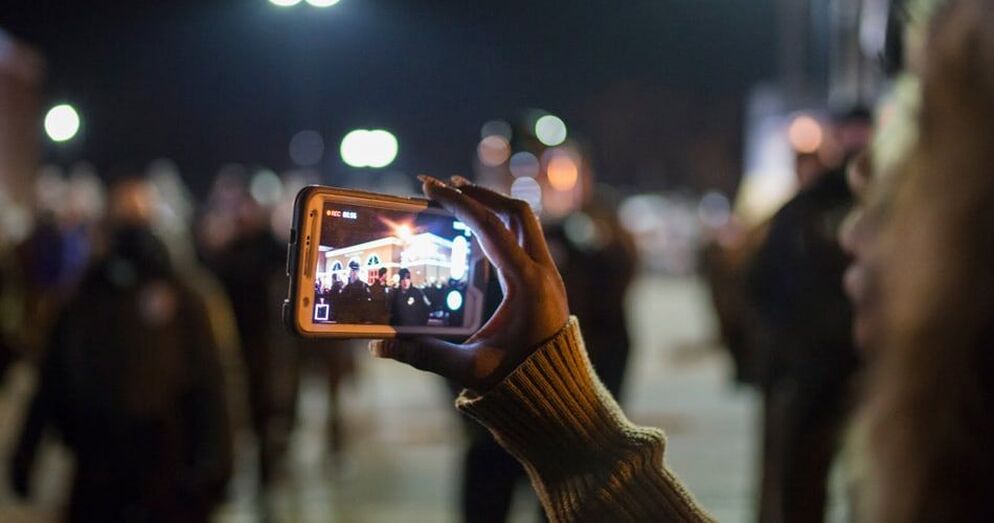Tenth Circuit on Right-to-Record in Irizarry v. Yehia The Fourth Amendment grants us protection against intrusive surveillance. Conversely, the First Amendment grants us the right to observe public actions by public authorities. The emergence of the cellphone demonstrates the integral nature of these two sets of rights. Courts are increasingly interpreting First and Fourth Amendments regarding cellphones to the advantage of citizens over government, a victory for civil liberties in law if not always in practice.
The U.S. Supreme Court in Riley v. California (2014) held that the police violate the Fourth Amendment when they try to gain warrantless access to the voluminous personal information inside our cellphones. On the other hand, the First, Third, Fifth, Seventh, Ninth, and Eleventh Circuit Courts of Appeal have upheld the right to record police officers going about their public duty, a right recognized as critical to the protections of the First Amendment. Last summer, PPSA reported on the continued holdout stance by the U.S. Tenth Circuit Court of Appeals against the right to film police officers. Despite the weight of six other Courts of Appeal, the Tenth Circuit continued to insist that there was no “clearly established” right. In a recent ruling, however, the Tenth Circuit came close to fully joining its judicial peers by dropping its Draconian opposition to the right to record in the case of a self-identified journalist and blogger. On July 11th, the court ruled in Irizarry v. Yehia in favor of a right to record. The incident in question occurred early in the morning of May 26, 2019, when blogger Abade Irizarry began filming a DUI traffic stop in Colorado. According to the ruling of the court, “Officer Ahmed Yehia arrived on the scene and stood in front of Mr. Irizarry, obstructing his filming of the stop. When Mr. Irizarry and a fellow journalist objected, Officer Yehia shined a flashlight into Mr. Irizarry's camera and then drove his police cruiser at the two journalists.” PPSA welcomes the court’s adjustment on the right to record police activity, fundamental to the First Amendment and to Americans’ ability to protect themselves in court against potential police misconduct. The Tenth Circuit specifically cited the rulings of other Courts of Appeal, indicating that the right to record may be gaining traction, especially amid the public backlash against police misconduct in the wake of the killing of George Floyd. PPSA urges courts to interpret the First and Fourth Amendments in ways that reinforce these rights. They are not in competition. There is – and should be – a lopsidedness in the law. Citizens are free to film the police on official duty. But the police must obtain a warrant to search our cellphones. In a free society that holds authority accountable, that is as it should be. Comments are closed.
|
Categories
All
|


 RSS Feed
RSS Feed